Moving to Australia raises a big, practical question: will you be covered by Medicare from day one? The short answer is: it depends on your visa and country of origin. Here’s a clear guide to Medicare when migrating to Australia – who’s eligible, who isn’t, and what typical medical costs look like if you need to pay privately.
Who can get Medicare?
You’re generally eligible if you:
- Hold Australian permanent residency, or
- Have applied for a permanent residency (PR) visa and you’re living in Australia on a temporary visa that allows you to work or you have an eligible Australian/NZ citizen or permanent-resident family member (e.g., spouse). In these PR-application cases, you can usually enrol from the date you lodged your PR application (or the date you arrived to live, if you lodged offshore). (click here for information on Reciprocal Health Care Agreements)
You may also be eligible via a Reciprocal Health Care Agreement (RHCA) if you’re visiting from one of 11 countries (UK, New Zealand, Ireland, Sweden, the Netherlands, Finland, Norway, Belgium, Slovenia, Italy, Malta). RHCA generally covers medically necessary care during your stay; note some time limits apply (e.g., Italy: up to 6 months). RHCA access and entitlements vary by country, so check your country’s page before you travel.
Who typically isn’t eligible (and what you’ll need)
If you’re not a permanent resident and haven’t applied for PR, you generally won’t have Medicare (unless RHCA applies). Many temporary visas also require you to hold adequate health insurance (e.g., OSHC for students; OVHC for many other temporary visas), and you’re financially responsible for any health debts you incur in Australia. (click here for more information)
Tip: Even if you expect to become eligible later (e.g., after lodging a PR application in Australia), keep comprehensive cover in place until your Medicare enrolment is confirmed.
If you’re not covered: what does medical care cost?
Prices vary by clinic, doctor, state and time of day, but these references will help you plan a realistic budget.
1) GP (family doctor) visits
- The Medicare schedule rebate for a standard (<20 min) consult in 2025 was $43.90; many clinics charge private fees above this. Recent GP surveys show standard private fees commonly around $85–$95+ for a weekday visit (patients without Medicare pay the full private fee). National media and professional reports also point to rising out-of-pocket costs as bulk billing declines.
- Example clinic pricing (Queensland): $95 for a standard consult (weekday). Without Medicare, you’d pay the full amount. Use individual clinic fee pages or the government’s Medical Costs Finder to gauge typical fees in your area.
2) Specialists and tests
- Fees vary widely by specialty and location. The Medical Costs Finder gives typical ranges for initial specialist consults, imaging and procedures so you can estimate likely charges if you’re self-funding.
3) Hospital & emergency care
- Public hospitals will generally bill Medicare-ineligible patients the full cost of care (some RHCA visitors receive limited subsidised treatment). Policies differ by state and hospital; price setting can be per day or by DRG (activity-based) and can be substantial. Health Victoria+1
- Illustrative state/hospital examples:
- Victoria (policy guidance): Ineligible patients should be charged the full cost of care; fees vary by hospital.
- WA hospital guidance: Overseas patients are charged at AMA rates; costs can be significant.
- Gold Coast Health (Qld) schedule example: published daily bed-day charges show how expensive prolonged admissions or ICU can be (e.g., ICU several thousand dollars per day). Exact fees depend on ward/service and may change, check the latest local schedule.
Bottom line: Without Medicare (or private insurance), expect to pay the clinic or hospital’s full private fees at the time of service. For emergencies and admissions, bills can quickly run to thousands of dollars, insurance is strongly recommended.
How (and when) to enrol in Medicare
If you’re eligible (see above), you can generally enrol online via myGov or by submitting the Medicare enrolment form with supporting documents. If you’re a PR applicant in Australia and meet the work/family criteria, you can often enrol from your PR application date (or arrival date if lodged offshore). Keep your passport, visa grant and proof of address handy.
Quick scenarios
- New PR just granted → Yes, enrol now and receive your Medicare card. Services Australia
- Onshore partner visa (820) applicant on a bridging visa with work rights → Likely yes, you can enrol after lodging. (Parent-visa applicants have narrower rules; check specifics.)
- Temporary work visa (no PR application) → No Medicare, unless RHCA applies; maintain OVHC.
- Visitor from the UK/Italy/NZ, etc. → RHCA may cover medically necessary care during your stay (Italy up to 6 months).
Practical tips while you settle in
- Confirm your status before you book: ask the clinic if they treat Medicare-ineligible patients and what the full fee will be.
- Keep private cover (OSHC/OVHC) until your Medicare card is active—then decide whether to keep extras for dental/physio and hospital choice.
- Use the Medical Costs Finder to understand typical specialist and test fees in your postcode.
Need help choosing the right visa path?
Australian Visa Advice can help you understand whether (and when) you’ll qualify for Medicare based on your visa strategy, and handle eligibility evidence when you lodge your PR application. We advise on visa pathways, document checklists, bridging-visa timing, and compliance so your move, and your healthcare access, stay on track.
(General information only – get personalised advice for your situation.)

